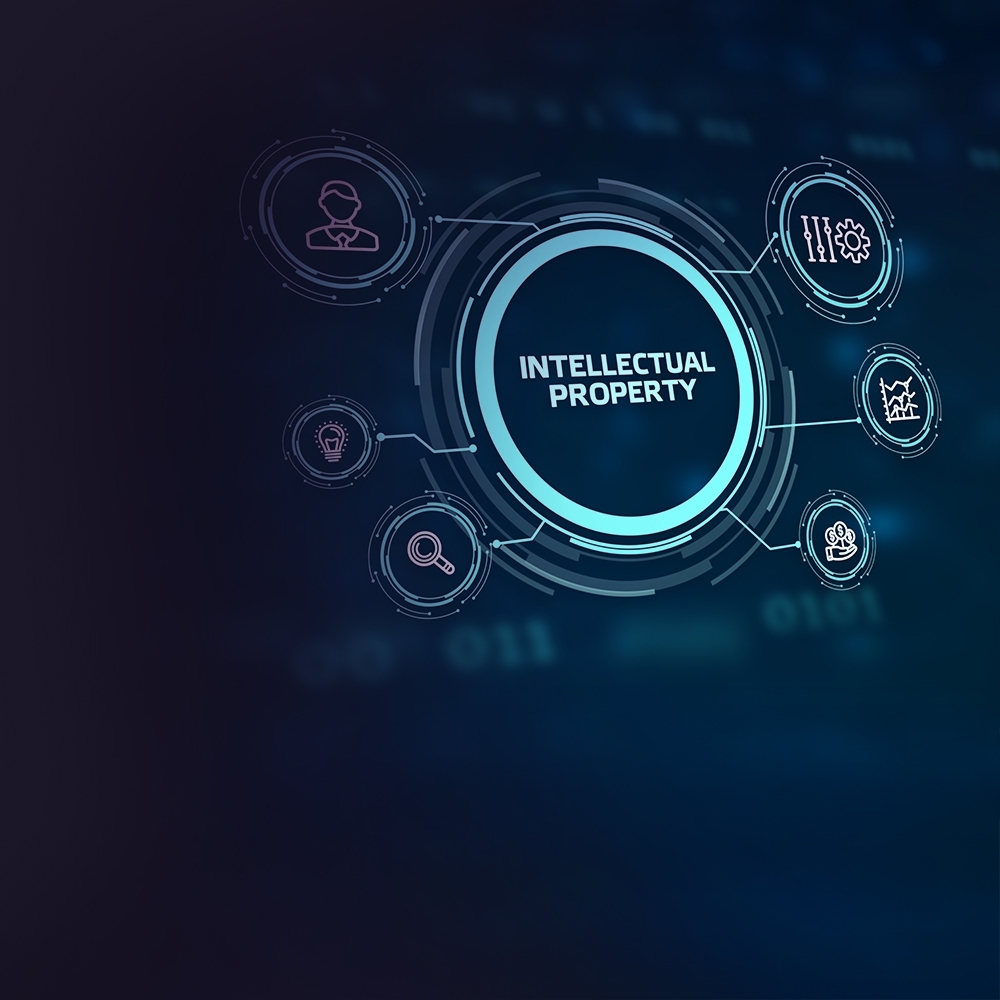10.07.2024
The case of Emotional Perception AI v. Comptroller-General of Patent, Designs and Trade Marks concerns a patent application in the field of artificial neural networks (ANNs) that after several rounds of Examination has resulted in two court appeals to date. In the lead-up to the handing down of the judgement from the Court of Appeal (England and Wales), we provide a recap of the case to date.
Thank you
In brief, the patent application (GB1904713.3) of Emotional Perception AI describes a system and method for providing media file recommendations, such as music file recommendations, to a user using a trained artificial neural network (ANN). The recommendations are sent to the user by sending a message and a file.
1. “Where is the computer for the purposes of the exclusion?”
The Judge considered that in the case of a hardware ANN, the ANN is the computer and in the case of an emulated ANN, the computer is the thing that the ANN is run on.
2. “Where is the program?”
In the case of a hardware ANN, the UKIPO conceded that there is no computer program. Whilst for an emulated ANN, the Judge considered that the ANN can be decoupled from the underlying software on the computer and therefore the ANN is not a program for a computer.
3. “Is the invention a claim to a computer program at all?”
The Judge considered that the claims do not seem to claim the program involved in the training stage of the ANN, but rather claim the trained ANN. With regards to technical effect, the Judge considered that “What is considered special is using pairs of files for training, and setting the training objective and parameters accordingly. [Therefore,] the actual program is a subsidiary part of the claim and not what is claimed.”
We are expecting the judgement from the Court of Appeal to be handed down imminently - stay tuned for the details!
References
[1] Aerotel Ltd v Telco Holdings Ltd and Macrossan’s Application [2006] EWCA Civ 1371; [2007] RPC 7

27.08.2025
Leading the way in life sciences IP: Q&A with Laura KehoeKeltie is rated as ‘Outstanding’ in the 2025 WIPR UK Patents Rankings. This ranking recognises the top firms in UK patent law for their expertise, reputation and client service. This is a powerful endorsement of Keltie’s expertise in supporting innovation across a wide range of sectors, including life sciences, chemistry, software and engineering. Keltie’s team has long been known for its collaborative, commercially grounded approach to IP, and this ranking is a reflection of that continued success.

19.08.2025
Setting your IP strategy - Part II: Monetisation of IPBusinesses may be deterred from taking steps to acquire IP rights because of the associated costs; however, when acquired strategically, IP rights can provide a substantial revenue stream. Following on from the first article in this series, the following considers how patents, trade secrets, and more may be monetised in practice, particularly in the field of AI.
Thank you